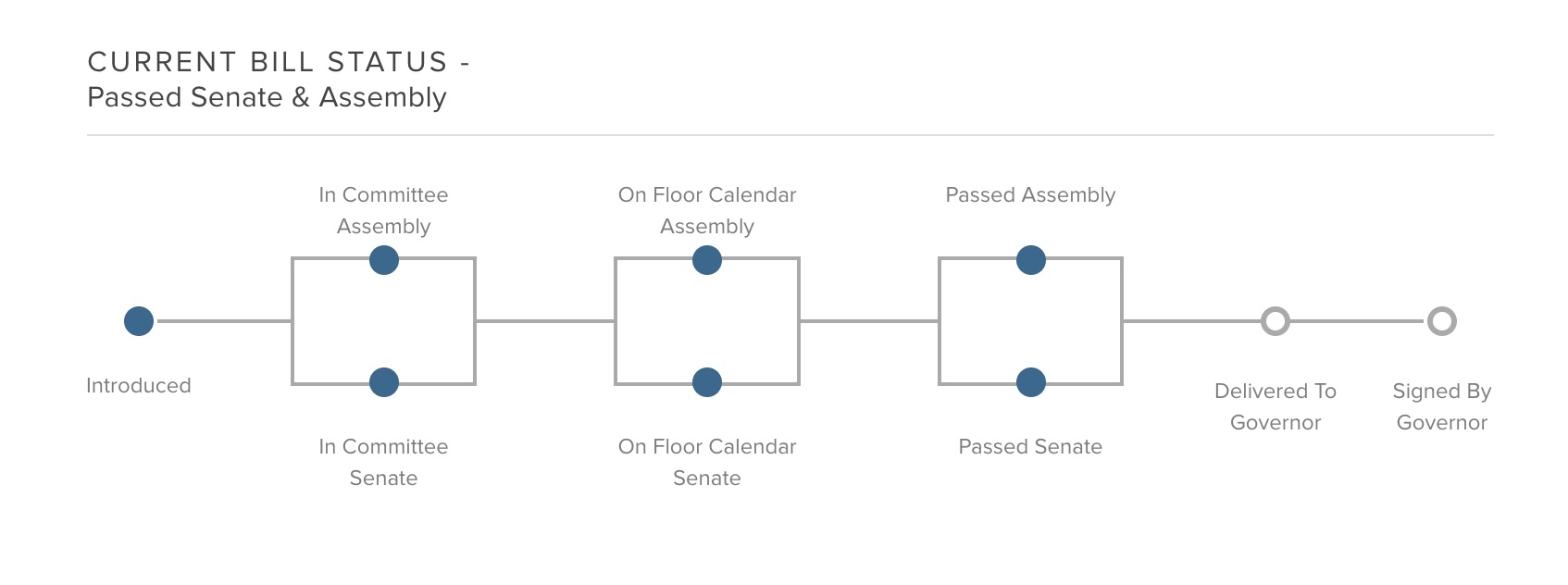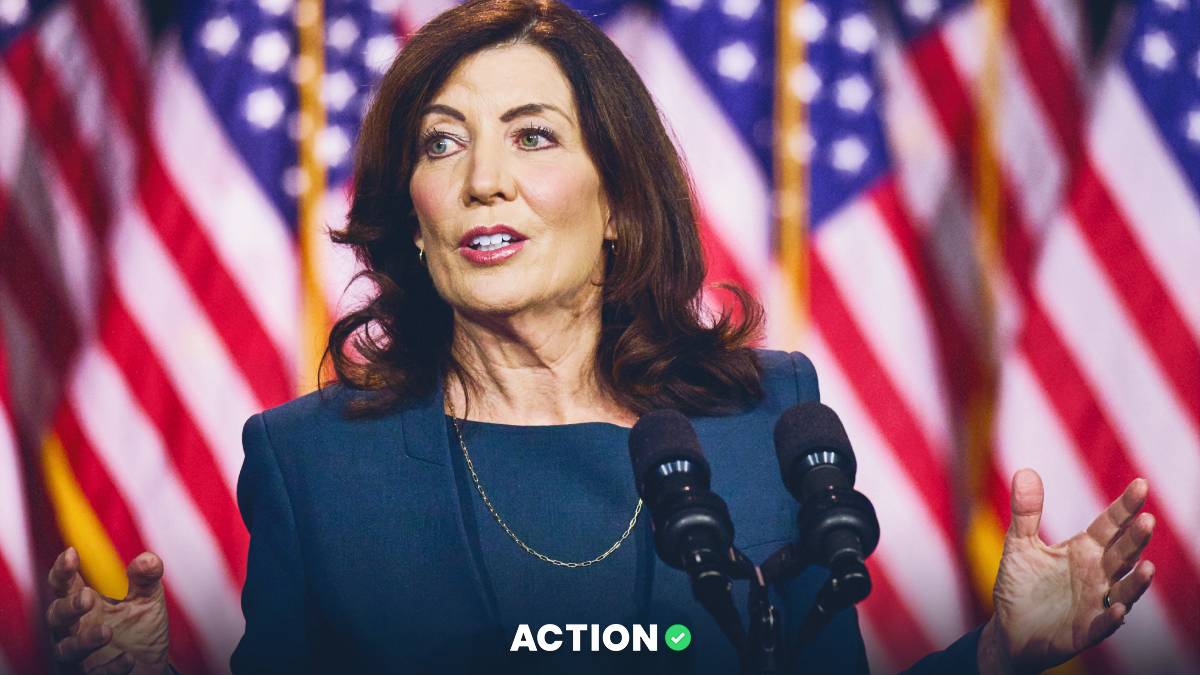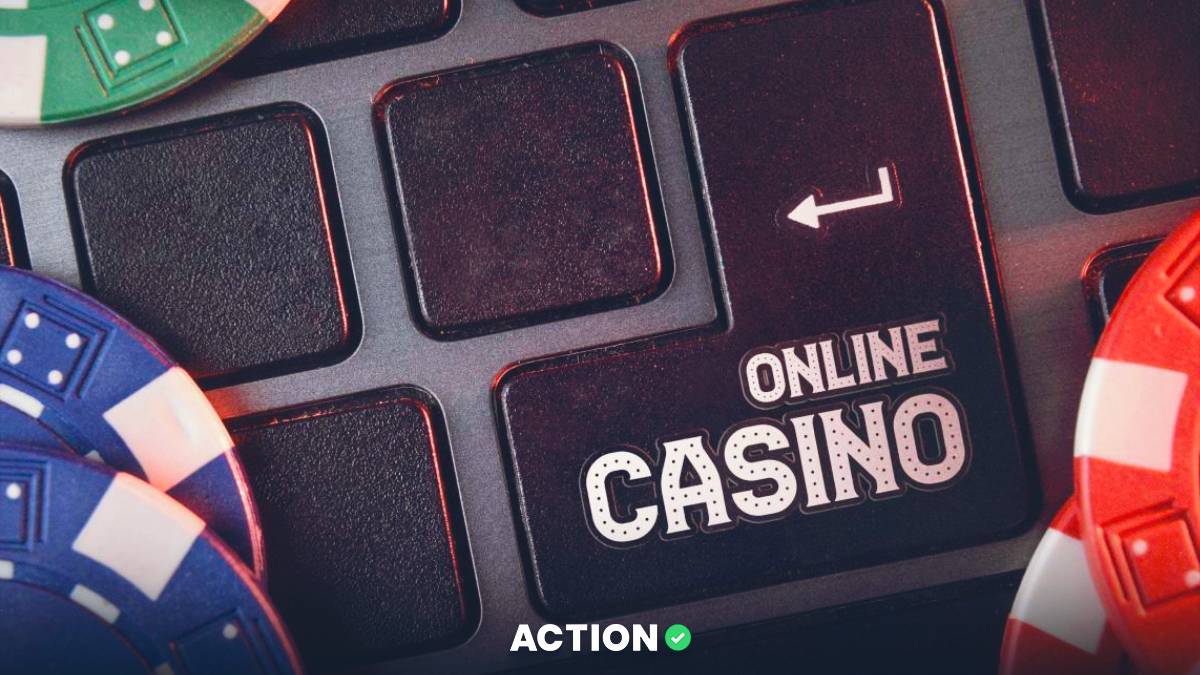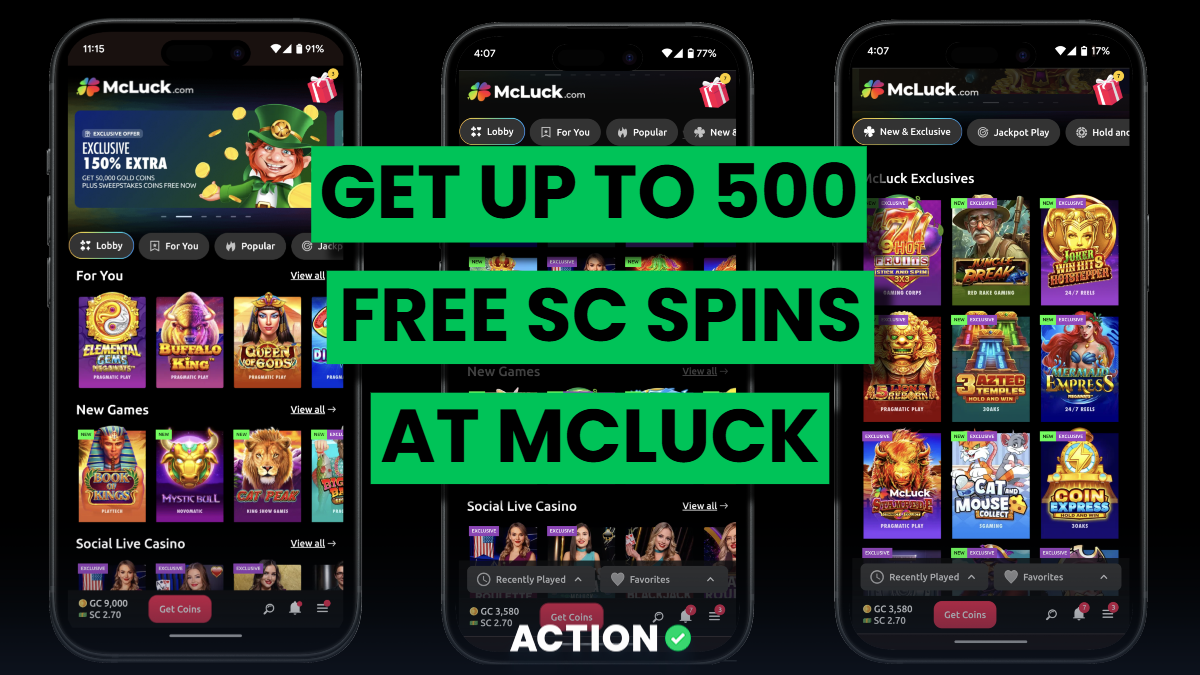This is the closest New York has ever been to an all-out ban on sweepstakes casinos.
SB 5935, a bill aimed at prohibiting online sweepstakes games, has passed the New York Assembly and has been returned to the Senate.
The move comes just days after New York's Attorney General issued cease-and-desist letters to 26 sweepstakes casinos.
The Social and Promotional Games Association (SPGA) is now strongly urging Governor Kathy Hochul to veto this piece of legislation, which they describe as a "potential threat" to New York's thriving tech and digital entertainment industry.
It's a battle they've been waging for months. At one point the SPGA even revised its strategy and lobbied to negotiate.
Exploring the Bill's Legislative Purpose and Provisions
SB 5935 seeks to amend the racing, pari-mutuel wagering, and breeding law, targeting online sweepstakes games and related revenue sources.
The bill grants the New York State Gaming Commission and the Attorney General power to enforce penalties, ranging from fines of $10,000 to $100,000 and the potential loss of a gaming license.

Proponents of SB 5935 argue it aims to clarify that online "sweepstakes casinos" are a form of illegal gambling, which evades existing consumer protection and anti-money laundering regulations. By establishing penalties, the bill hopes to deter illegal online gaming operations, ensuring that New York's regulated casinos are not subjected to unfair competition.
SPGA Asks Governor Hochul To Veto SB 5935
The SPGA has expressed significant concern over SB 5935, calling it a "shortsighted bill" that poses risks to investment and innovation in New York.
According to a spokesperson from the association, the bill doesn’t solely target sweepstakes but could also deter future investment in gaming innovation. The spokesperson highlighted that many successful companies, like FanDuel, began as pre-regulated ideas that evolved into major enterprises under New York's supportive legislative environment.
They argue that this bill could criminalize the very innovation cycle that has fueled growth and success in the industry.

According to the SPGA, one of the most troubling aspects of SB 5935 is its focus on penalizing "individual investors and investment firms." The bill proposes criminal penalties for those investing in any online gaming platform that allows currency exchange for cash prizes or equivalents. This puts at risk not only large gaming companies but also the individual investors looking to support new, innovative gaming ideas.
Moreover, the bill leaves the determination of what exactly constitutes an offending game to the discretion of the New York State Gaming Commission, an unelected body. This degree of uncertainty further compounds investors' worries, leading some to question the viability of supporting new ventures within the state.
SPGA is urging Governor Hochul to veto SB 5935, suggesting that it could stifle New York’s leadership in tech and gaming innovation. The organization draws parallels to a recent decision by Louisiana Governor Jeff Landry, who vetoed similar legislation, calling it "a solution in search of a problem." Louisiana joined Maryland, Mississippi, and Florida in rejecting efforts to ban legal sweepstakes entertainment.
Lawmakers in Ohio and New Jersey are still exploring the idea of banning sweepstakes casinos, while Maine officials warned residents against participating in such games.
What’s Next for SB 5935?
Once a bill has passed the New York State Assembly and is returned to the Senate, it undergoes the following steps:
Review in the Senate: If the bill has been amended since it was originally passed in the Senate, it needs to go back for review. The Senate can either concur with the amendments made by the Assembly or reject them. If they concur, the bill is then sent to the governor. If they reject the amendments, the bill may be sent to a conference committee to resolve differences.
Conference Committee: If there are disagreements between the Senate and Assembly versions of the bill, a conference committee made up of members from both chambers may be formed to reconcile the differences. The resulting compromise bill must then be approved again by both the Senate and the Assembly.
Final Passage: Once both chambers agree on the final text, the bill is enrolled and prepared for transmission to the governor.
Governor’s Decision: The governor then has several options:
- Sign the Bill: If the governor signs the bill, it becomes law.
- Veto the Bill: The governor can veto the bill, sending it back to the legislature with reasons for the veto. The legislature can override the veto with a two-thirds majority vote in both chambers.
- No Action: If the governor takes no action within 10 days (excluding Sundays), the bill automatically becomes law. However, if the legislature has adjourned sine die, the bill does not become law unless the governor signs it (this is known as a pocket veto).
This process ensures that there are multiple opportunities for the legislative and executive branches to scrutinize the bill before it becomes law.
If SB 5935 is signed by Governor Hochul, according to the SPGA, its implications on the future of tech and gaming innovation in New York may hang in the balance. And New York’s position as a leader in tech and digital entertainment may hinge on her decision.









